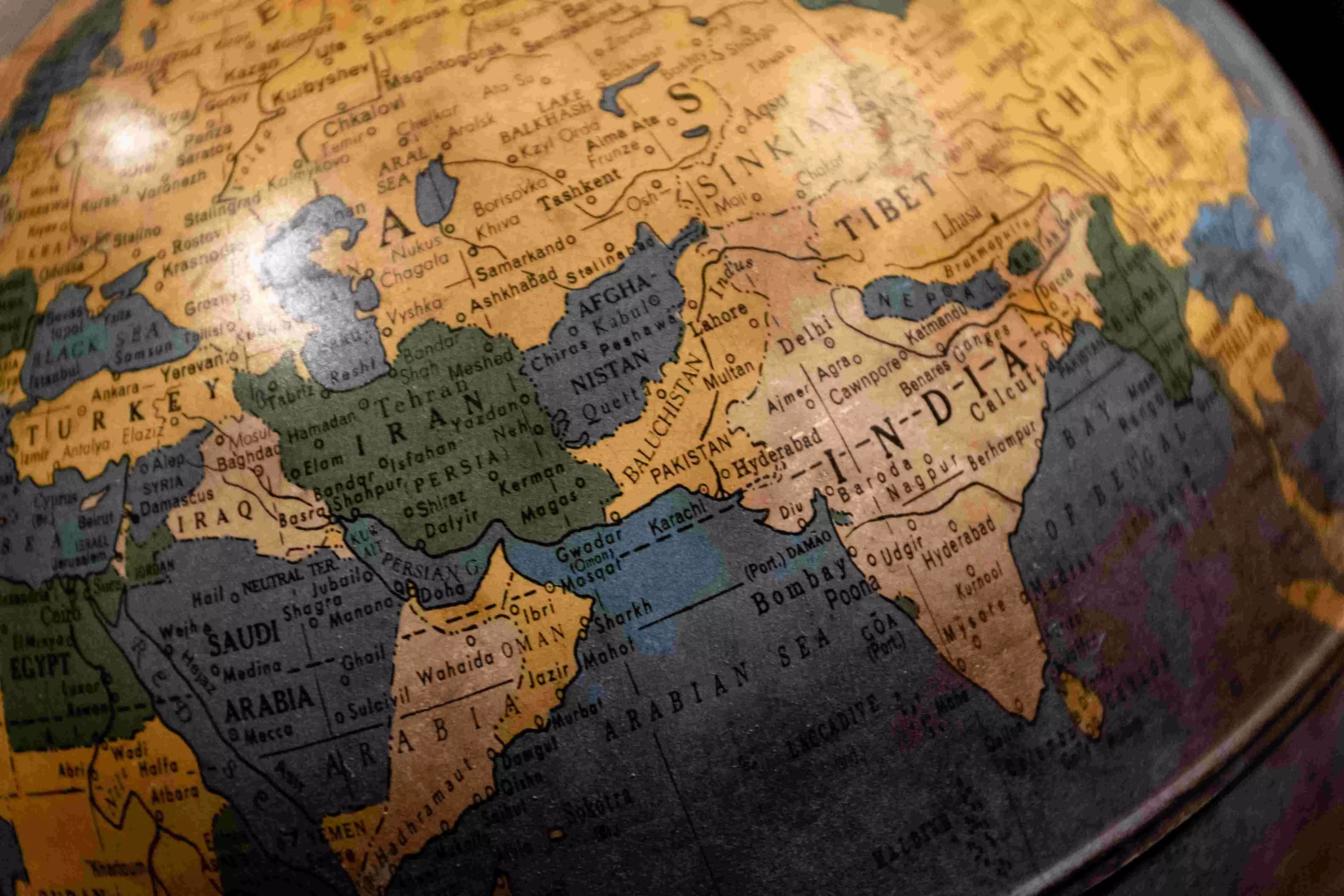Synonyms, not antonyms!

It is rare for a nation to be officially recognised by two names, and ours is a country that enjoys this distinction. It is a specialty that is hardly claimed by any other country. India is a land with deep cultural and civilisational roots, with its references found in ancient texts like Puranas wherein the name Bharatvarsa was inked. It is also a land where one of the earliest civilisations of the world thrived along the river Indus — inspiring Mughals and Britishers to name this vibrant land as Hindustan and India, respectively. Neither the reference to Bharatvarsa in Puranas can be discredited nor the Indus valley civilisation that lent India a formidable position in the world we live in can be ignored. At the same time, one can also not rule out the fact that the Mughals and Britishers ruled India for centuries — even if that might not be the best phase for the country. Just like the country’s vibrant socio-religious fabric, its history has been a mosaic of cultures — shaping the beauty it is crowned with presently. Any attempt to cocoon this paramount land into the narrow vision of any one part of history could serve as a great disservice to the nation. In popular dialogues and cultures, as well as in the Indian Constitution, both the names — India and Bharat — have been used interchangeably for quite a long time, without any opposition from anybody. It is unfortunate that the nation has been divided today so deeply on this front, ostensibly for petty political gains. The recent dragging of the nation’s name into what can safely be called a political controversy has reduced the country’s stature, at least that is the impression. More importantly, the entire debate is based on speculations and rumours that the ruling party may try to impose the name Bharat during the special session of the Parliament called on September 18. It is very important to trace the genesis of these rumours. The controversy was triggered by an official invite to G20 guests by President Draupadi Murmu in which she is described as the ‘President of Bharat’. However, this trigger is just one aspect among a cocktail of factors that have led us to this situation. Just a few weeks ago, the Union Home Ministry “Indianised” or “de-Anglicised” the names of India’s criminal codes. And merely a couple of days ago, RSS Chief Mohan Bhagwat emphasised that the nation should be referred to as Bharat instead of India, linking the proposed renaming with the notion of Hindu Rashtra. This entire episode can be seen in the broader context of the BJP’s stated obsession of shedding the colonial past. Coming back to the specific controversy in question, it is evident that the ruling dispensation, through its conspicuous silence and ambiguous stand, might have contributed to the proliferation of the controversy — allowing the nation to be divided on the issue. After the debate gathered heat, Union Minister Anurag Thakur indicated that the government is not contemplating to change the country’s name from India to Bharat, but also castigated the opposition for opposing the name Bharat. In sharp contrast to his cautious remarks, firebrand BJP leader Himanta Biswa Sarma strongly rooted for the name Bharat. This glaring ambiguity in the BJP’s stance, whether deliberate or otherwise, is a ready recipe for polarisation ahead of the General Elections. The critical question is whether this renaming controversy is a construct of the saffron party to play its polarisation card? If that be the case, it represents a new low in Indian polity. The ruling party could have been clearer in its approach by officially denouncing the rumours around the name change. This was even more important as India gears up for a G20 Summit whose outcomes remain clouded, and which will not see the participation of the nation heads of two very influential member countries. It is argued by some that the renaming controversy is a manufactured attempt to hide the failures of the G20 presidency. However, these are mere speculations, and the G20 Summit is yet to happen.



